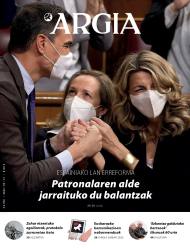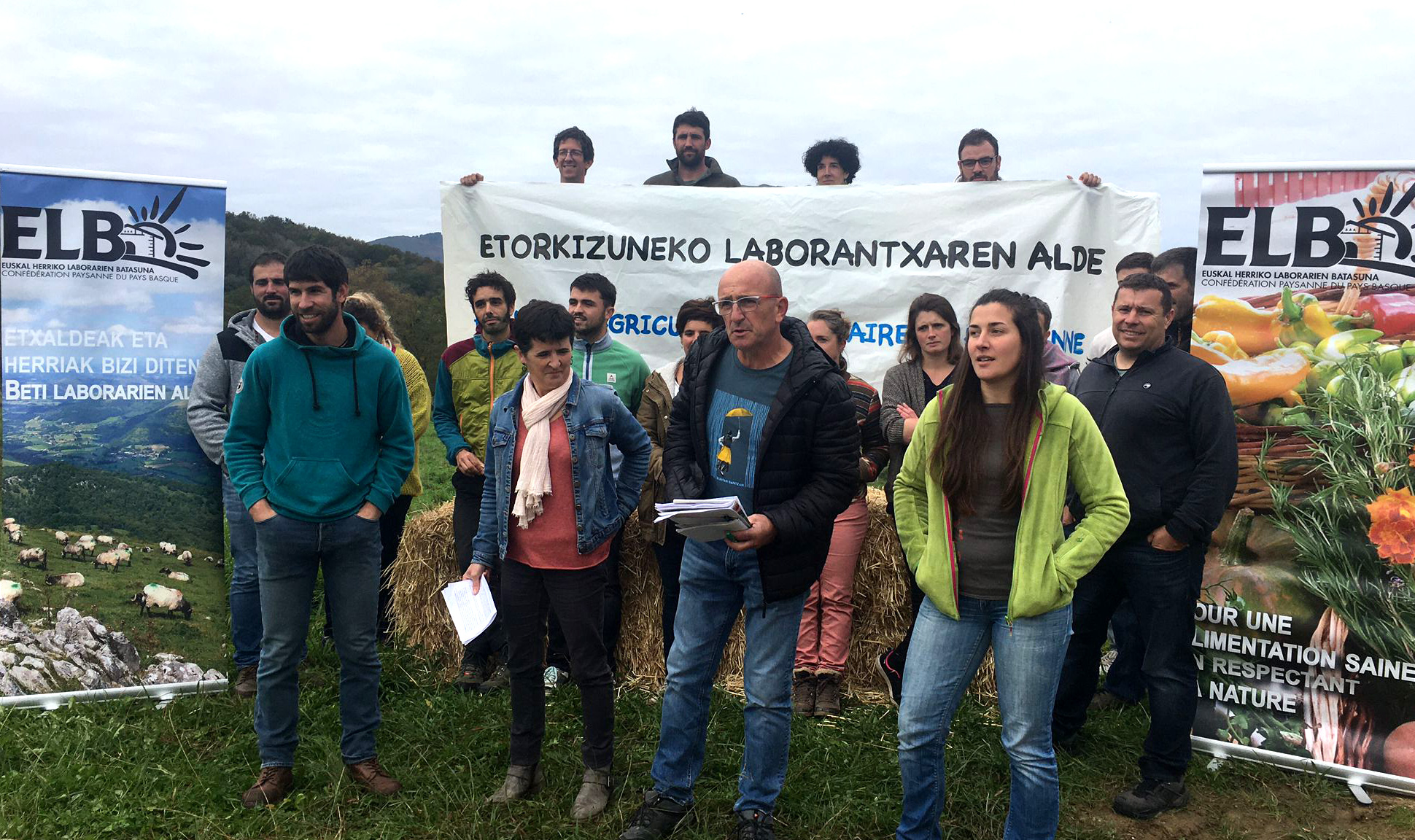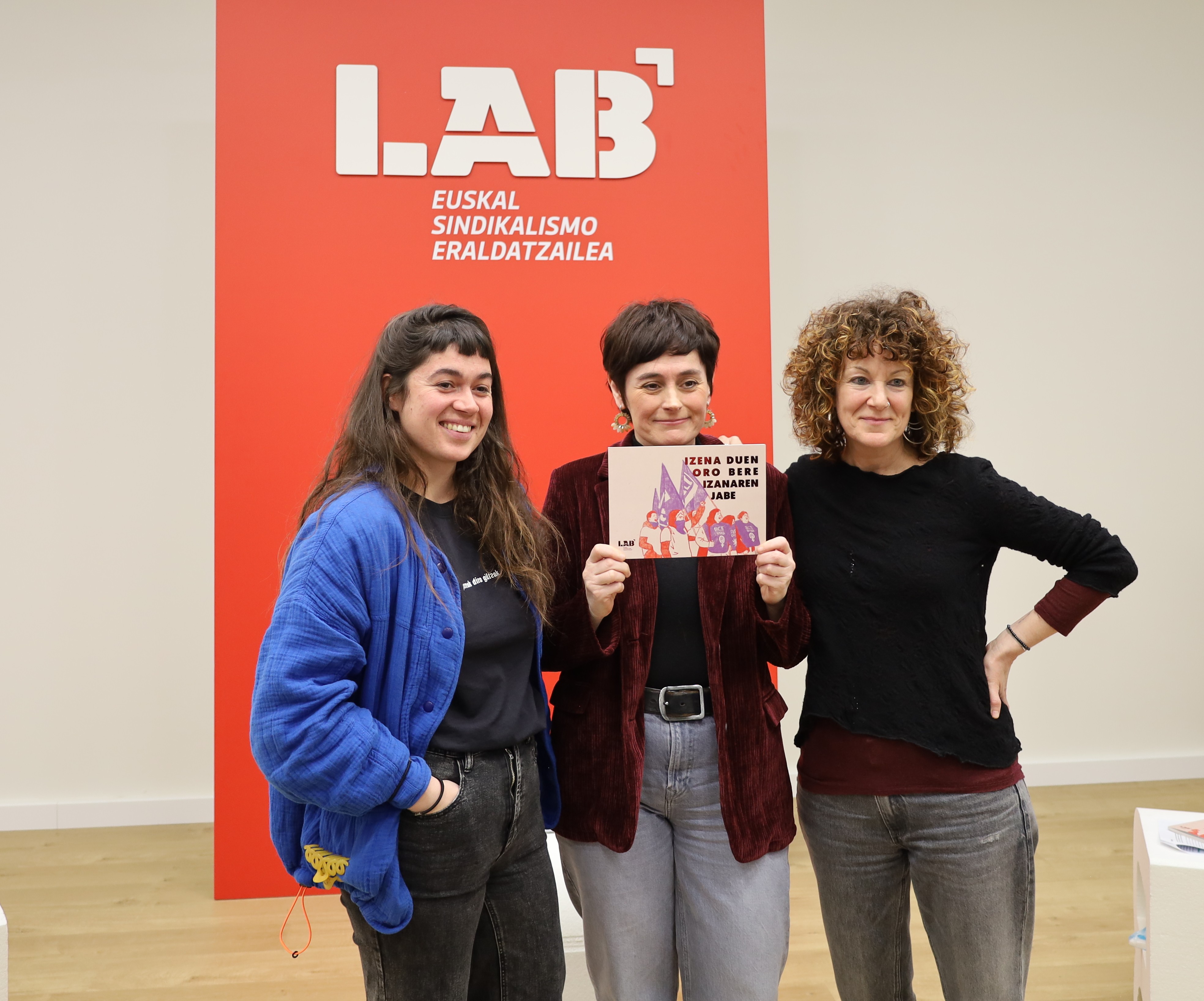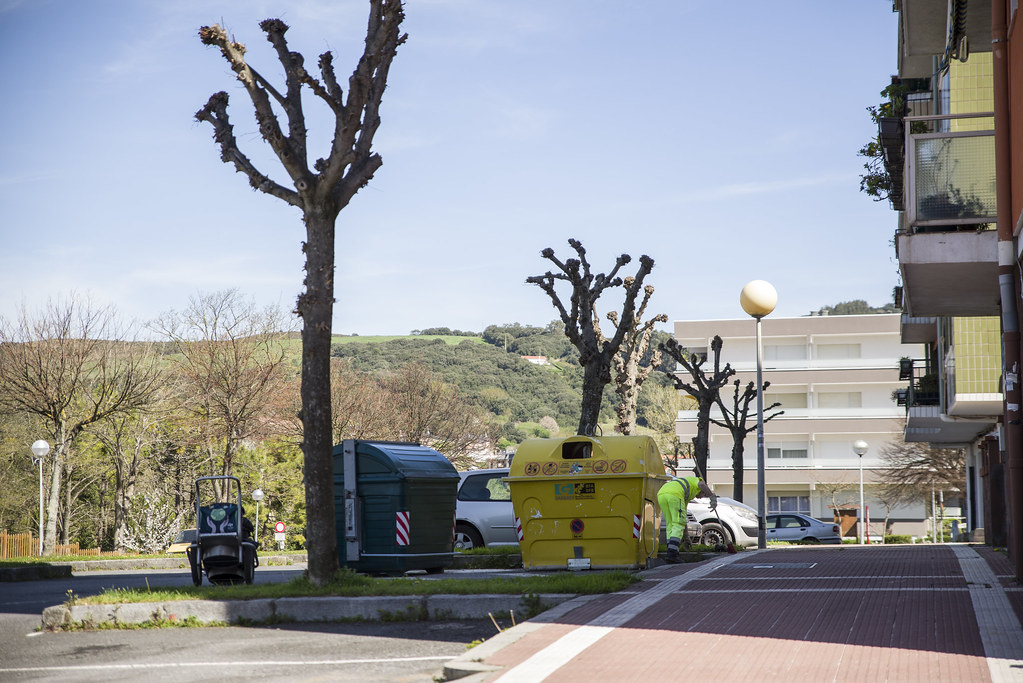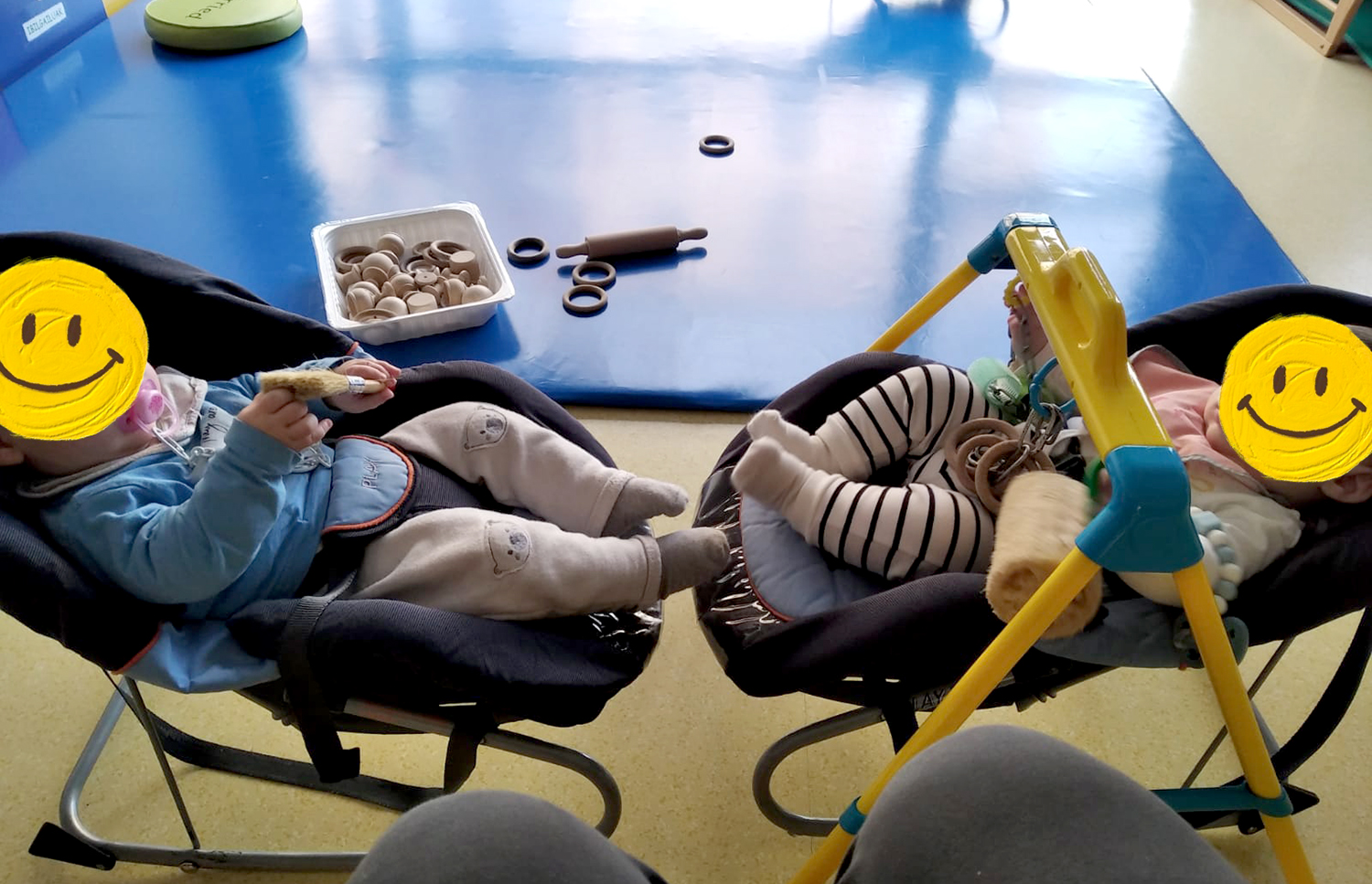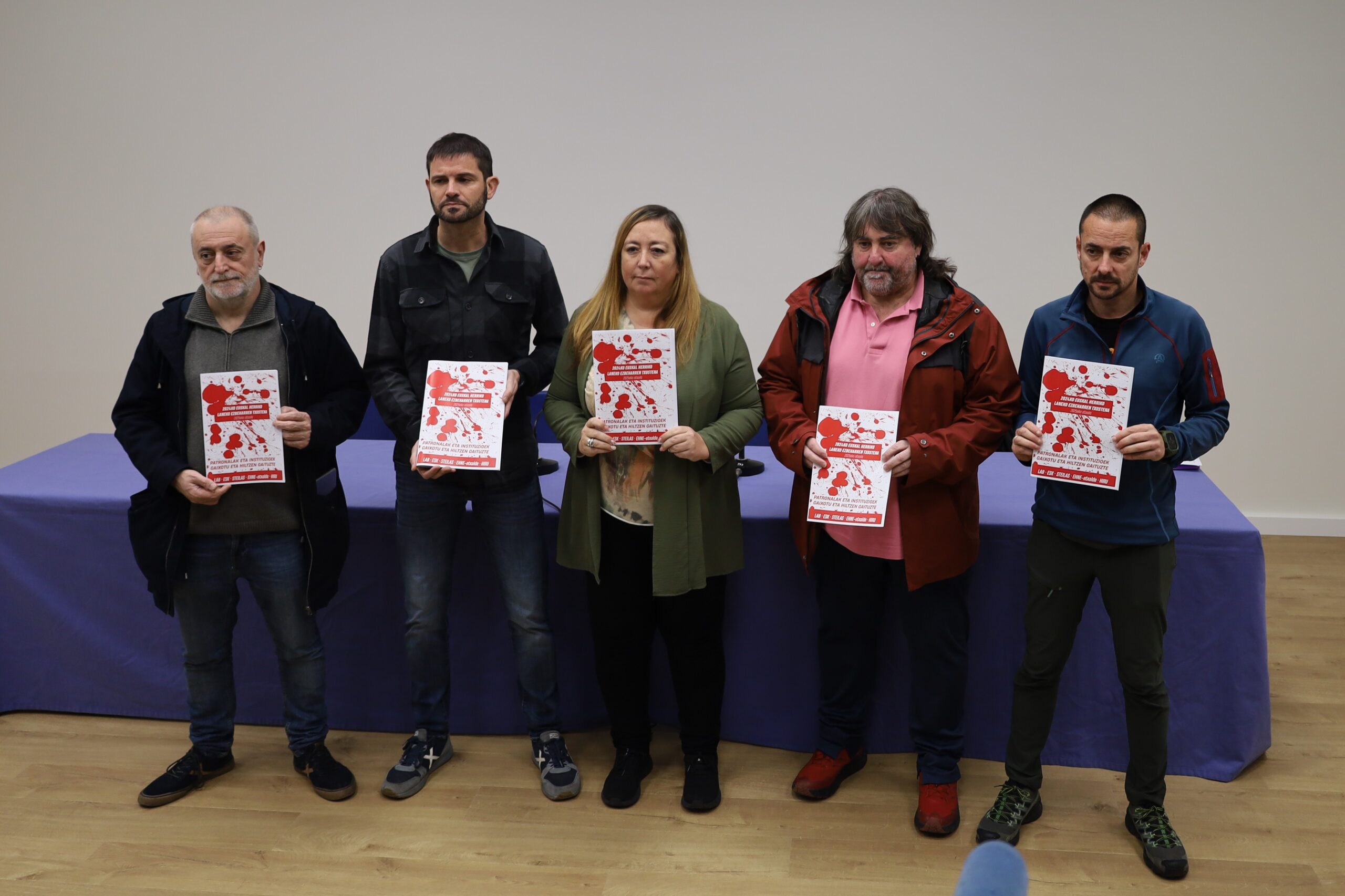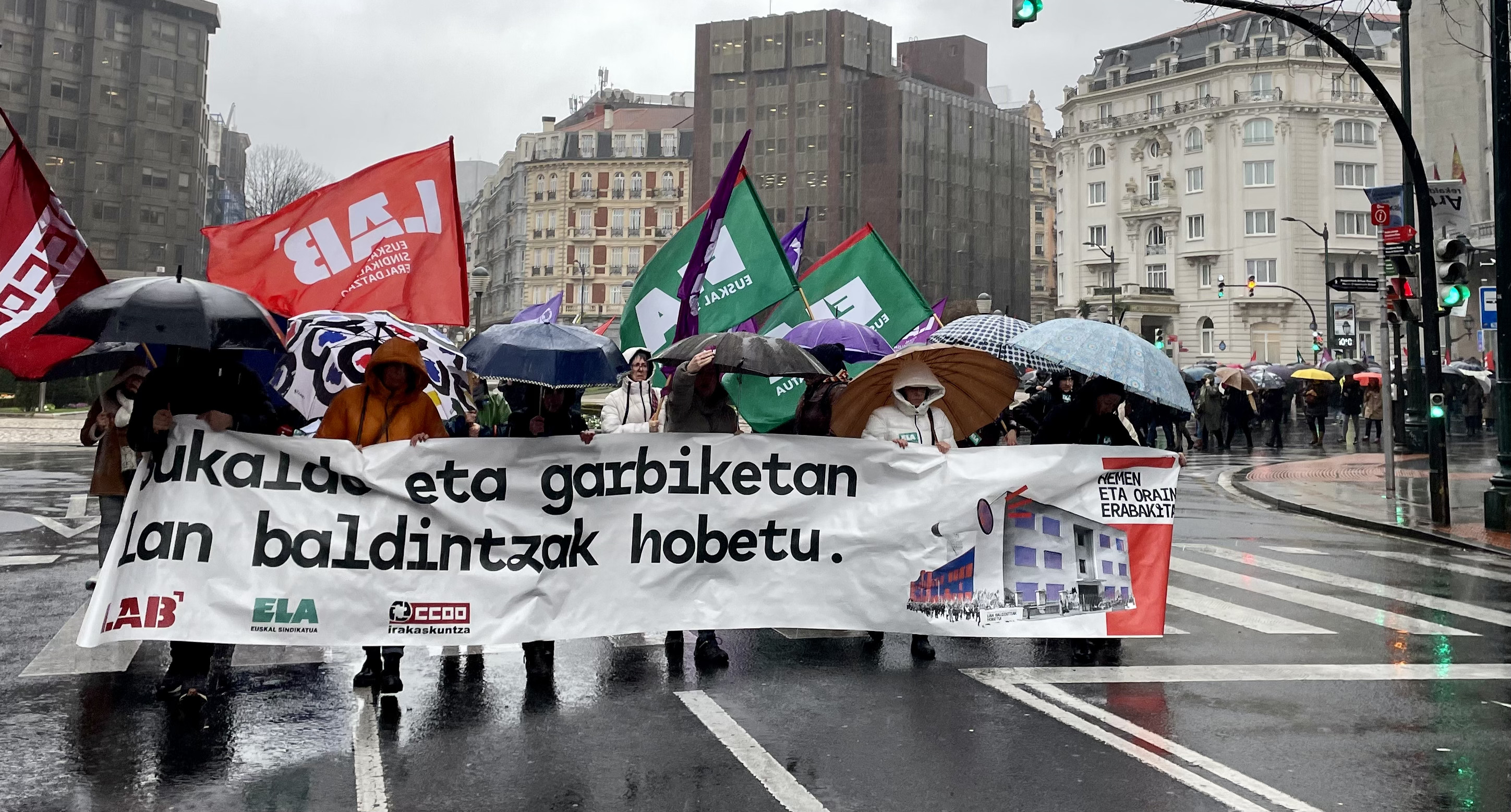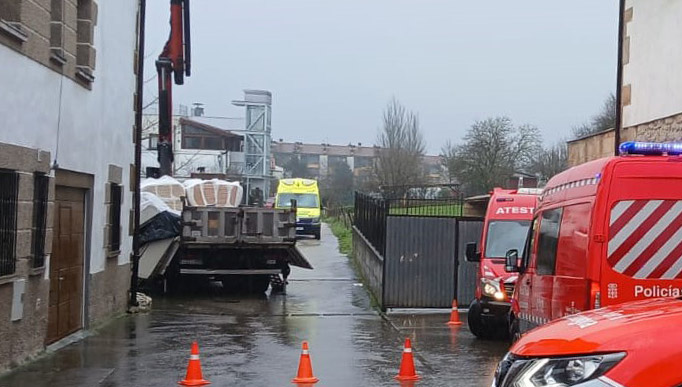
It seems that in Navarra the difference between high and low wages has grown the most. The increase in CPI in 2021 has been the largest in recent decades, and workers with dignified agreements will not lose purchasing power, but for most it will not. The fissure will rise. Because that 6% increase is not the same when the salary is EUR 3,000 than EUR 1,000.
On 22 February, European Wage Equality Day, we see the gender gap again. The sexual division of labor is the oldest cause of the gap. Among the jobs paid and performed outside the market in care and housework, the gap is total. The former work in exchange for wages, the latter free of charge. Among the sectors that are reserved for women in the labour market and that occupy men there is also a gap that is then noted in pensions. Many institutional statements do, but little will be said about overcoming the sexual division of labour. The speeches do, but we will hardly hear detailed proposals, concrete measures and new policies to bridge the gap.
In order to overcome the gender gap, we need to reassess jobs, take measures to settle historical debt, recognize the feminized sectors, give them character and place in the economic system… We also need to make a concrete fight to reduce the gap between high and low wages: reorder wages in the agreements, set maximum wages and take measures against precariousness. There are no steps in governments.
They are fights in which the workers have to win. But we will not be able to do so, if layoffs are easy and cheap, and if they organise collective bargaining tailored to the employer. That is precisely the new Spanish labour reform. Bridging the wage gap and hampering it is incompatible.
Pilar Calcada is part of the Cedars group. On January 15th, the group called to take advantage of the “excellent opportunity” that will exist in the coming years to boost the arms industry, in an ostentatious event that resonated a lot. According to the study of the... [+]
The Department of Education doesn't understand why public employees have gone on strike. He's got to ask the LAB Syndicate. This union signed an agreement with the department in April 2023. Two years later they have also called for a strike because, unlike the previous ones, the... [+]
The year 2025 will lead to a general policy of establishing shorter working weeks, bringing low costs for new hires for companies and an effective direction of change in labour relations.
With the aim of complying with the Spanish government agreement, the reform to shorten the... [+]









